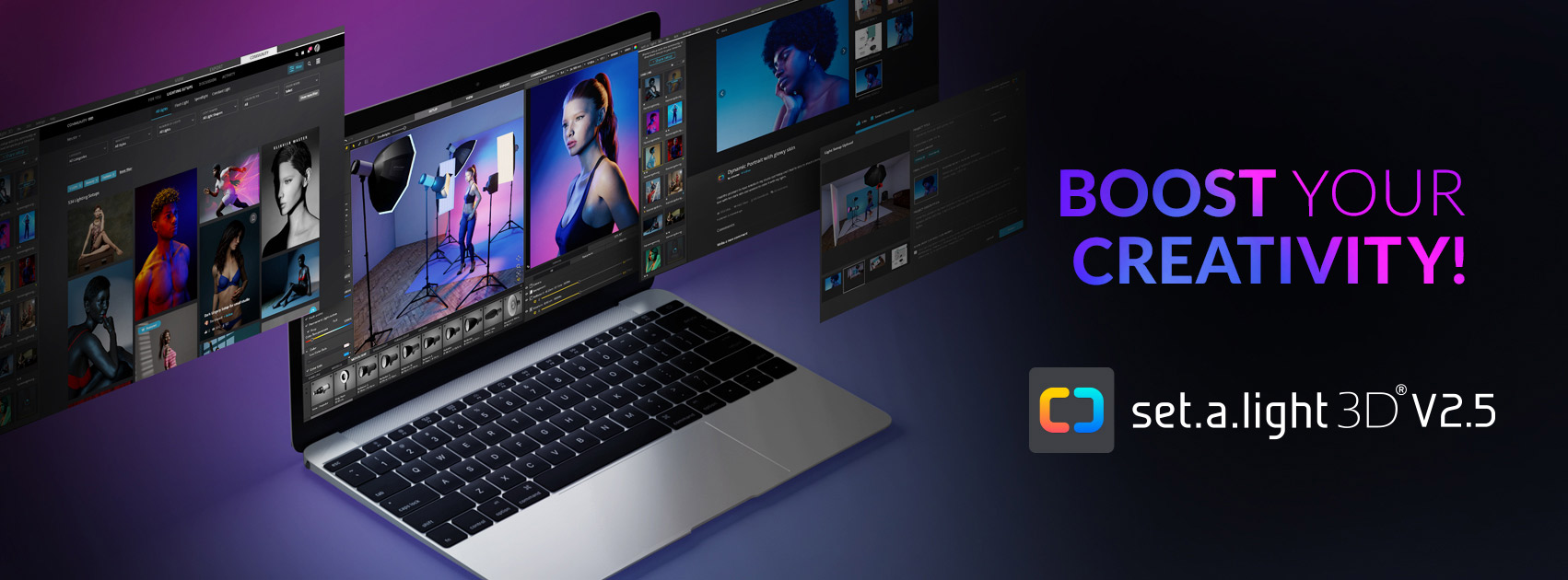After 4 Years of Studio Photography: Here is What Manny Ortiz Learned
1. Humility in the Studio
Studio photography is a humbling experience. Initially, Ortiz felt like a "lighting god" on some days, only to be brought back to earth on others. The controlled environment of a studio can sometimes make a photographer feel like an impostor when things don’t go as planned. Unlike outdoor shoots, where natural elements like the sun and cityscape provide dynamic backdrops, the studio demands precision and creativity with lighting and minimal props. The studio's challenge lies in creating compelling compositions without relying on external factors, which can sometimes lead to moments of self-doubt.
2. Camera Gear Takes a Back Seat
One of the most significant realizations Ortiz had was about the relative importance of camera gear in the studio. While gear matters outdoors, with unpredictable lighting conditions, the studio’s controlled environment levels the playing field. Ortiz tested this by comparing shots from his high-end Sony A1 and a less expensive Sony a6500. With proper lighting and post-processing, the differences were minimal. This reinforces the idea that lighting, concept, posing, styling, and makeup are paramount in studio photography.
3. The Limitations of One Light
While one-light setups are a hallmark of many photographers, Ortiz discovered they have limits in creating dynamic images. Mastering single-light techniques, including subject distance and the use of reflectors and V-flats, is crucial. However, adding more lights can elevate the work to new levels, allowing for greater creativity and complexity in lighting schemes. Although some photographers achieve stunning results with minimal lighting, Ortiz found that using multiple light sources added a desired dynamism to his work.
4. Versatility of Light Modifiers
Understanding and utilizing various light modifiers is essential in studio photography. Each modifier serves a unique purpose:
- 1x4 Strip Box: Ideal for rim lights due to its narrow beam and ability to provide head-to-toe coverage.
- Large Softboxes and Umbrellas: Essential for creating soft, flattering light, especially for subjects who require minimal shadow and smooth skin tones.
- Beauty Dish: Ortiz's favorite, offering a blend of soft and carving light, making it versatile for both close-ups and full-body shots.
- Optical Spot: This secret weapon allows for creative effects like projecting patterns and fake window light, adding unique touches to studio images.
5. The Hidden Costs of a Studio
Maintaining a photography studio is an expensive endeavor. Ortiz initially secured a good deal on his studio but soon realized the costs involved in making it functional and aesthetically pleasing. From new flooring and painting to custom shades and privacy films, the expenses quickly added up. Additional costs included essential gear, storage racks, backdrops, and utilities. Despite the financial burden, Ortiz found it worthwhile, as having a dedicated space significantly improved his work and provided a safe, controlled environment for collaborations.
Conclusion: A Worthwhile Investment
Ortiz's journey from outdoor to studio photography was transformative. The studio provided a consistent space to hone his skills, experiment with lighting, and produce high-quality work. While the transition came with challenges and expenses, the benefits of having a dedicated creative space far outweighed the drawbacks.
For aspiring studio photographers, investing in quality equipment and understanding the nuances of studio lighting are crucial steps towards achieving professional growth and creative satisfaction. As Ortiz looks to the future, he remains open to change and the continuous evolution of his craft, always striving to push the boundaries of what’s possible in portrait photography.
You may also like: What a NORMAL person sees VS What a PHOTOGRAPHER sees
Images and video via Manny Ortiz





















0 comments:
Post a Comment